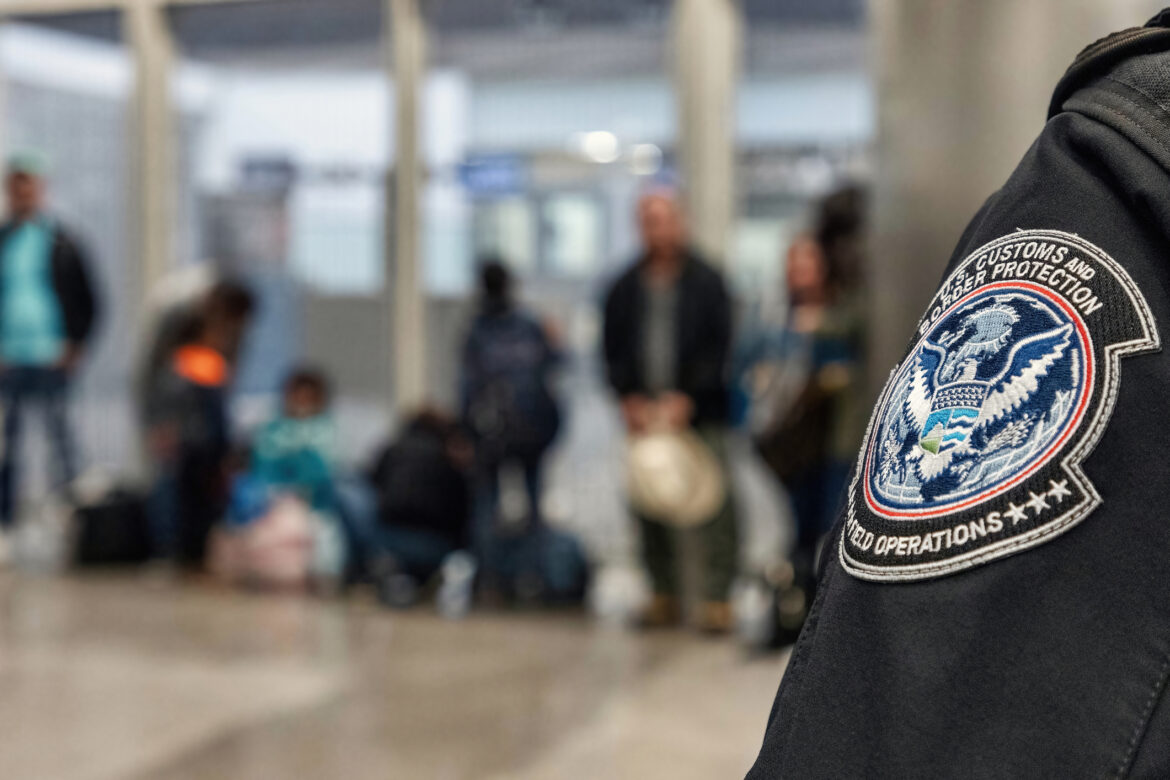Advertiser & Editorial Disclosure: The Bulkhead Seat earns an affiliate commission for anyone approved through the links below. This compensation may impact how and where links appear on this site. We work to provide the best publicly available offers to our readers. We frequently update them, but this site does not include all available offers. Opinions, reviews, analyses & recommendations are the author’s alone, and have not been reviewed, endorsed, or approved by any of these entities.
American Airlines announced today that it’s partnering with US Customs and Border Protection (CBP) on a Beta test to make international connections a bit simpler. Select passengers at Los Angeles International Airport (LAX) will be able to skip the time-consuming baggage recheck and catch their connections.
International Remote Baggage Screening (IRBS) will allow passengers arriving in the United States from some international airports to no longer have to clear immigration and customs, claim their checked baggage, and then recheck it with American for a connecting flight. Instead, after passing CBP Passport Control, passengers will proceed directly to a TSA checkpoint, and then onto their connecting flights. This will reduce connection times and improve the overall travel experience. The initiative does not change any existing screening requirements. Bags and passengers will still be screened the same way that they are today.
American, CBP, and the Sydney Airport Authority will begin piloting this program on the airline’s daily flight from Sydney Kingsford Smith Airport (SYD) to Los Angeles International Airport (LAX). If successful, this program will expand to other cities.
Gary Tomasulo, Vice President of Global Corporate Security at American, said:
We are excited to collaborate with CBP on this innovative initiative. By leveraging advanced technology and working with Sydney Airport and our vendor partners BagCheck and Brock Solutions, we are enhancing safety and security while streamlining the CBP baggage inspection process to make global travel smoother and more convenient for our customers.”
The initiative is part of CBP’s broader Airport Modernization Plan. It aims to improve security and traveler experiences through technological advancements at US Federal Inspection Stations (FIS). This collaboration represents a significant step forward in facilitating efficient travel for US citizens, trusted travelers, and international visitors.
Anthony’s Take: I do not check bags under any circumstances, but I understand that arriving on an international flight, clearing Passport Control, and then collecting and rechecking bags before going through security is a big hassle. This program will hopefully eliminate some of that pain.
(Featured Image Credit: Tennessee Witney via iStock.)
User Generated Content Disclosure: The Bulkhead Seat encourages constructive discussions, comments, and questions. Responses are not provided by or commissioned by any bank advertisers. These responses have not been reviewed, approved, or endorsed by the bank advertiser. It is not the responsibility of the bank advertiser to respond to comments.
Advertiser & Editorial Disclosure: The Bulkhead Seat earns an affiliate commission for anyone approved through the links above This compensation may impact how and where links appear on this site. We work to provide the best publicly available offers to our readers. We frequently update them, but this site does not include all available offers. Opinions, reviews, analyses & recommendations are the author’s alone, and have not been reviewed, endorsed, or approved by any of these entities.

2 comments
I’m being obtuse here but I’m not sure what this means. What I think it means is that – from select destinations, presumably for those people with connections – you get off your flight, go to immigration/Global Entry, then go to customs without actually having touched your bags because they’ve already been scanned. Is that right?
Yes, that’s correct. Deplane, go through passport control, head to security, and board your connection.